Project-Based Learning at HTH
These projects are examples of the work that is done at all of the High Tech High Schools. It is our record of what we have done and how to get there. Teachers can utilize this to display what they have done with their students, and get ideas from others teachers. Students can show their parents and friends the work that they have done, and the community can see how project based learning enables students to do and learn. Please enjoy the projects and videos.
Browse Projects
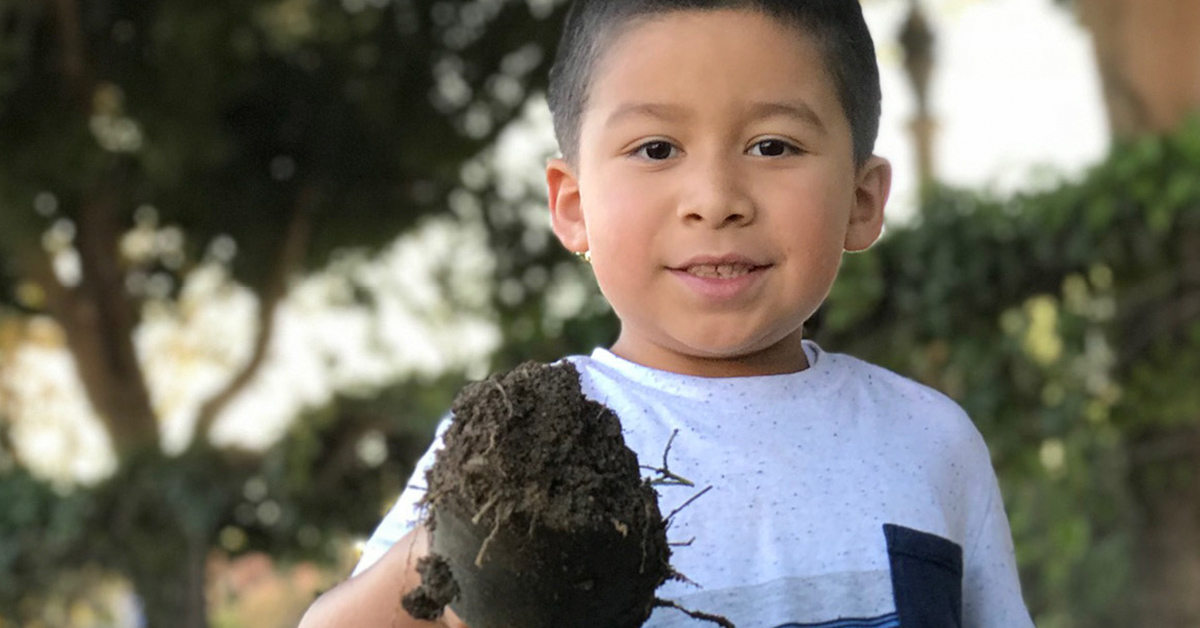
Kindergarten students create an inquiry-based project about the nature of play, and in the process transformed an unused piece of land into a new play area.
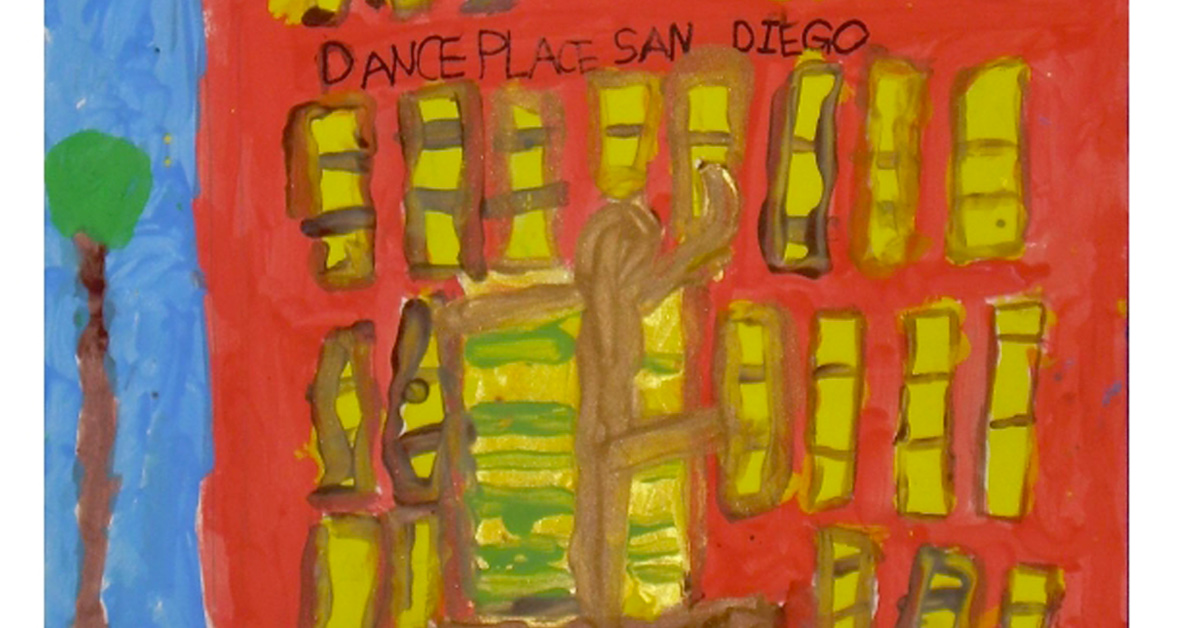
In 1st Grade Community Magazine, questions like “What makes up a community?” and “What is in the immediate community of our school?” are explored.
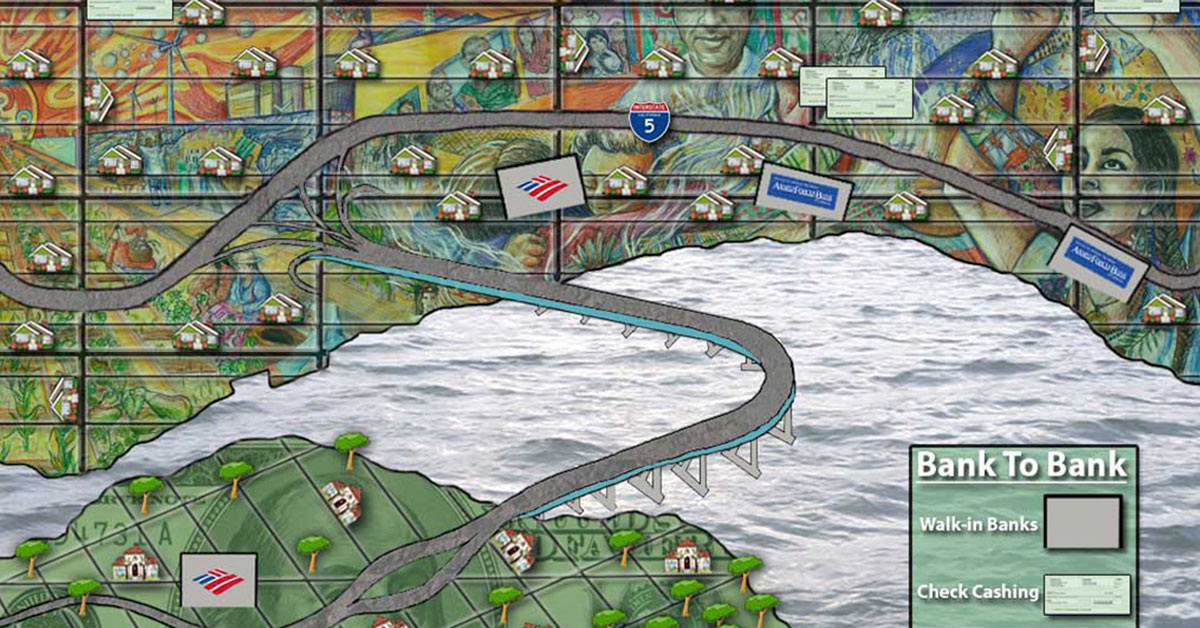
Teachers devised a project to stimulate students to think critically about their communities. They created conceptual maps of the city to communicate a message they cared about.
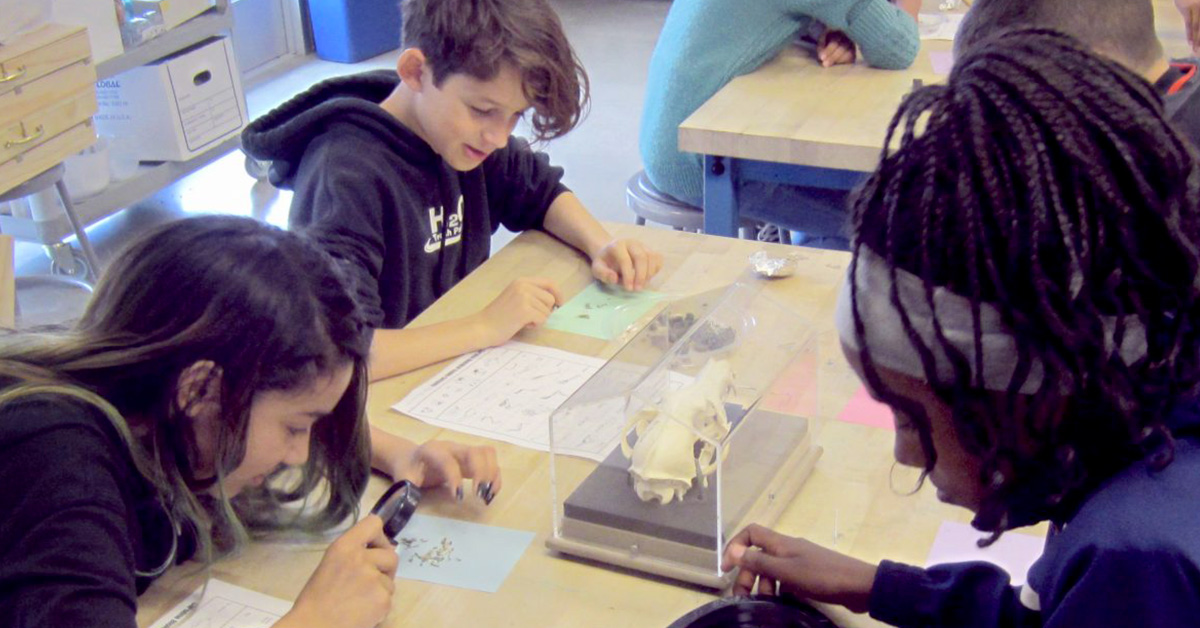
Why is it important to live in harmony with native species?
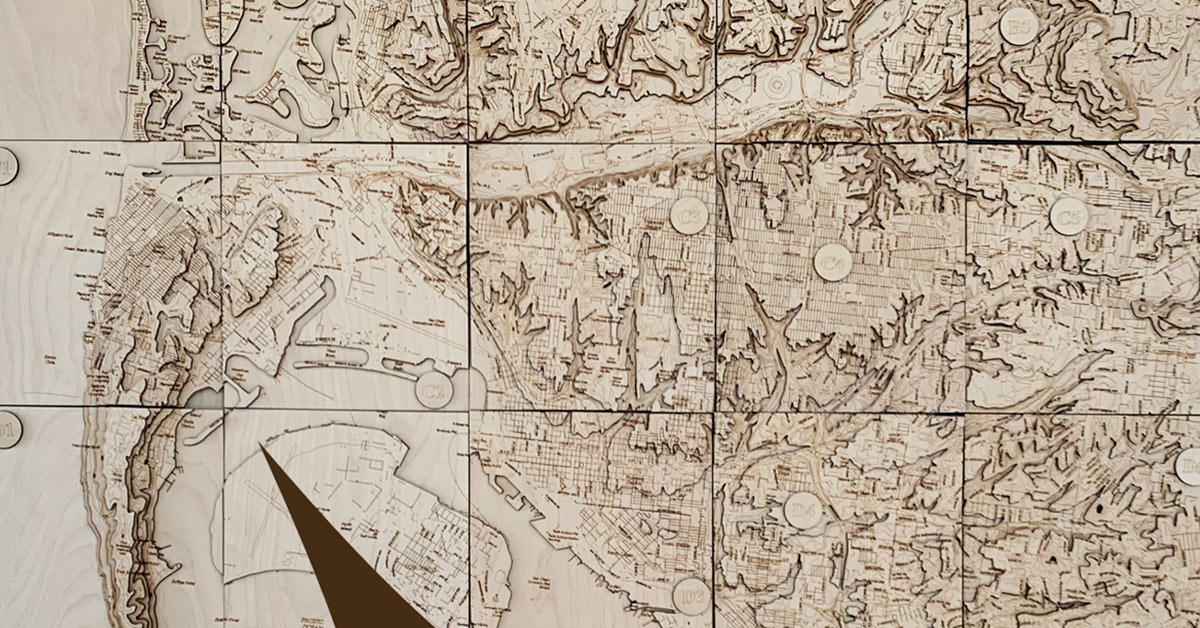
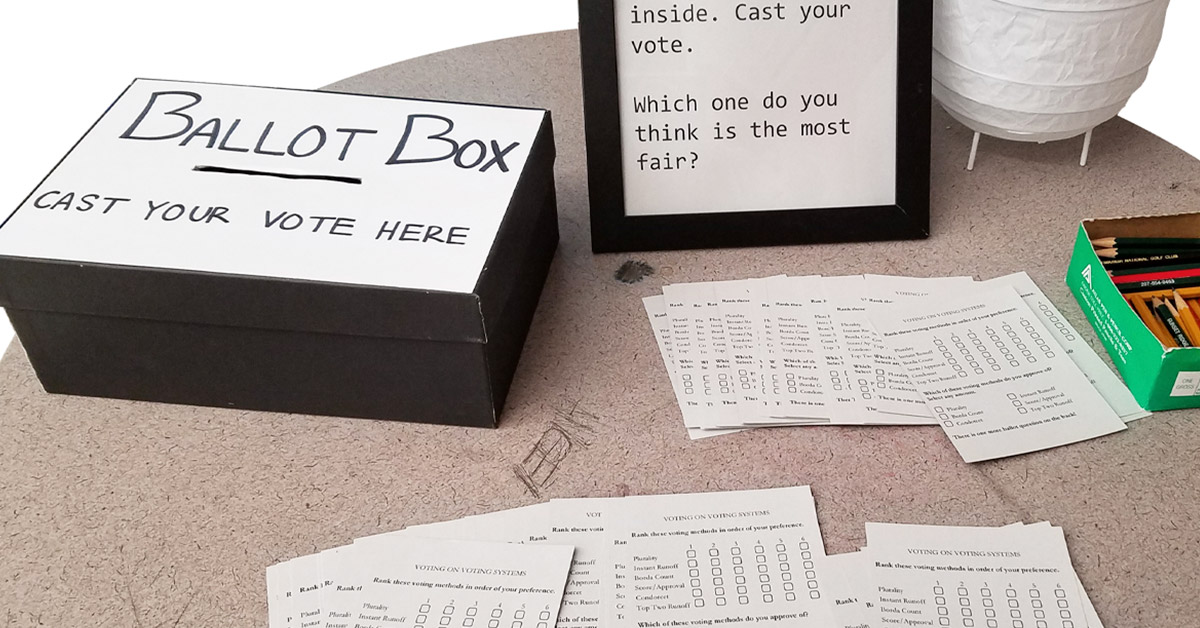
Does My Vote Matter introduces students to the wide array of voting systems that exist and to various measures of fairness in those systems.
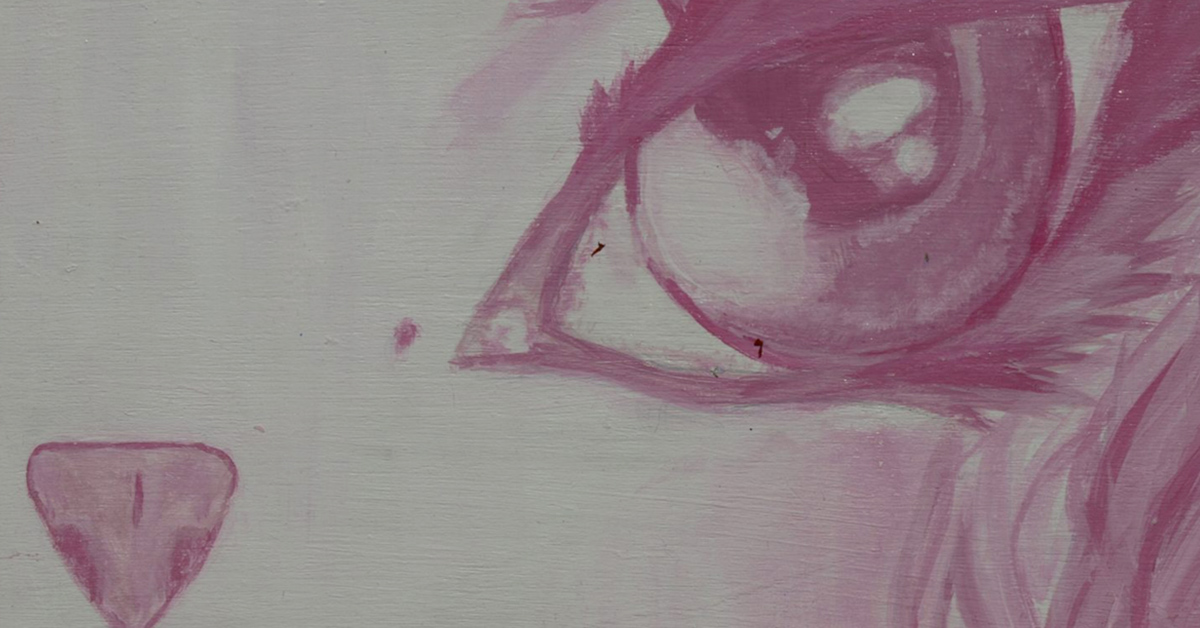
How to take the most simple of all drawings…the doodle, and turn it into something more.
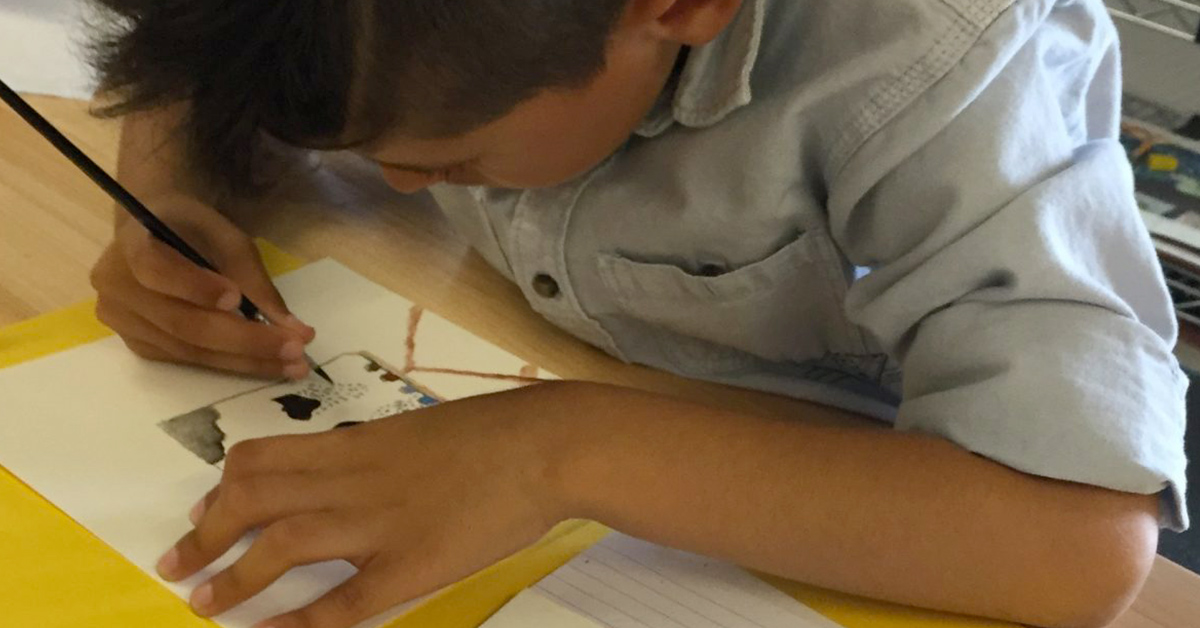
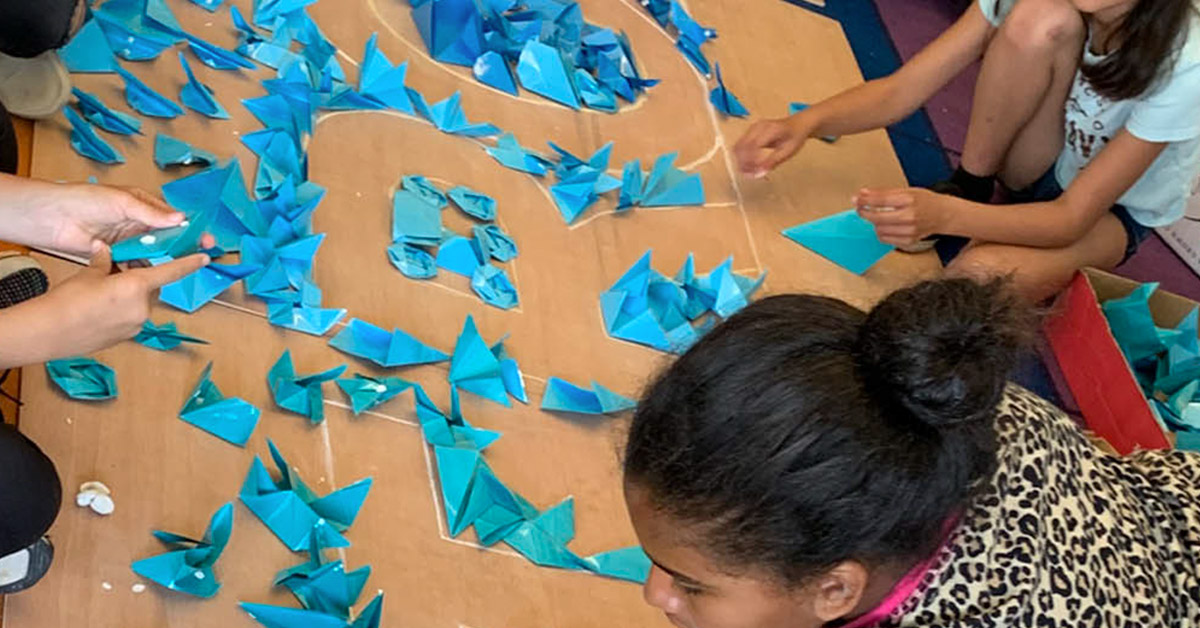
Fourth grade teachers designed a project for students to look at history through the lens of sports and to explore how sports build and shape communities.
Browse Projects
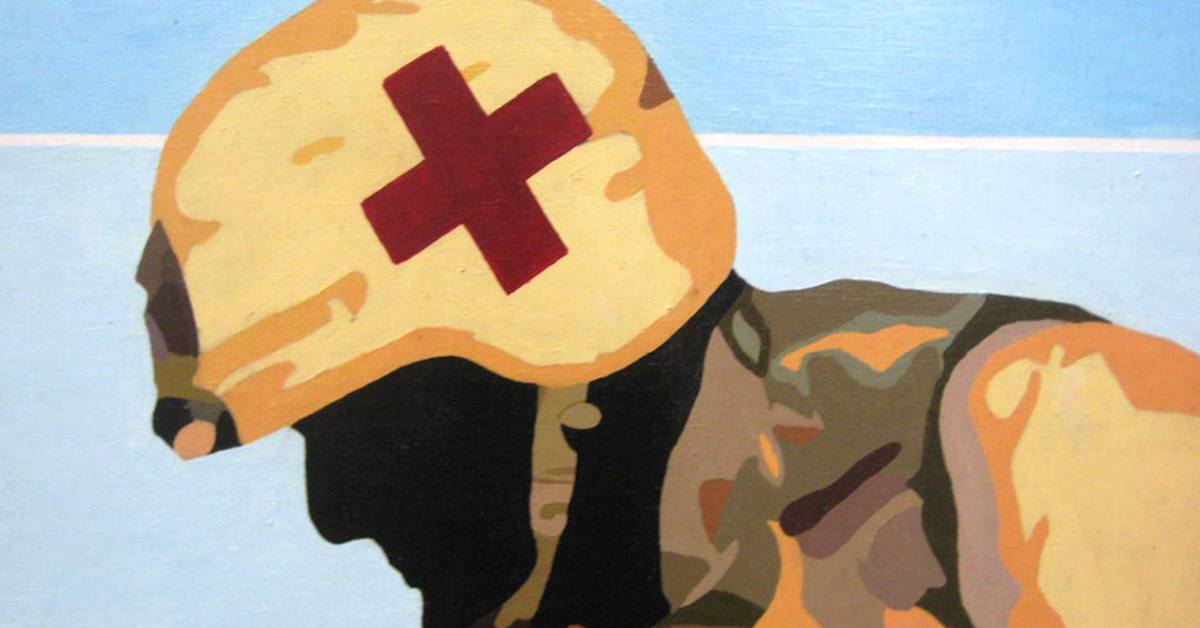
Students visited the Veteran’s Village of San Diego (VVSD) to interview veterans, write about their stories, and co-design a piece of art with them.
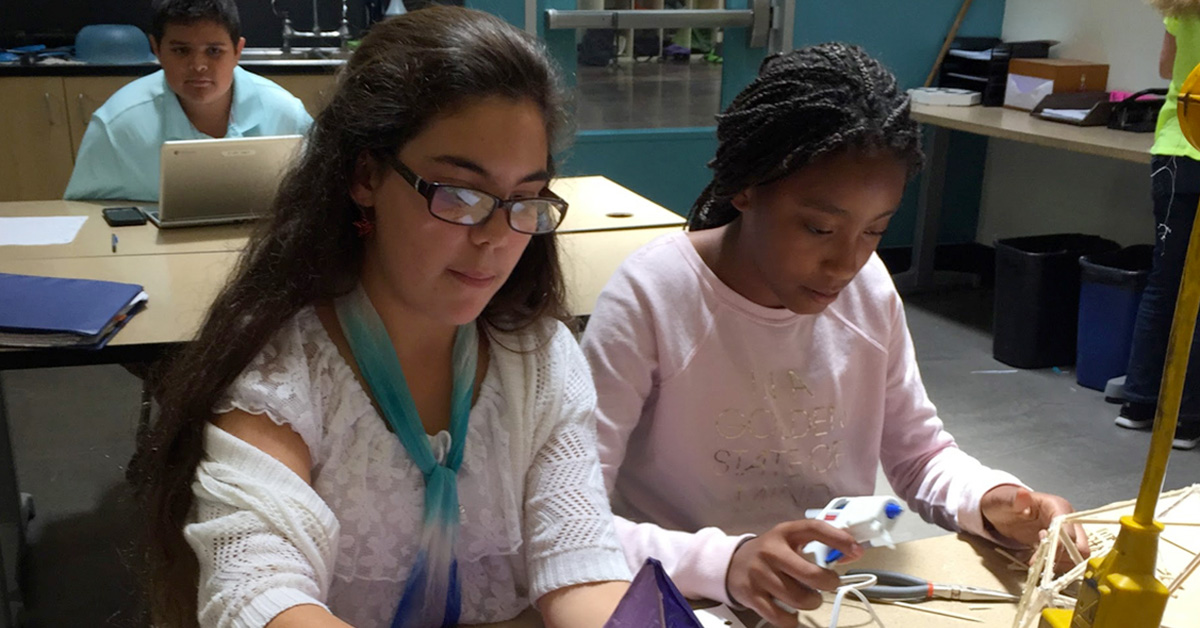
In this project, students learned about geometry and algebra by designing and creating their own paper lanterns.

Students went on a three-day, 23-mile journey on foot from the Mexican border to the Cabrillo National Monument, capturing the details of the journey through photography and journaling, later to be synthesized into a book focused on dichotomies that students chose to highlight.
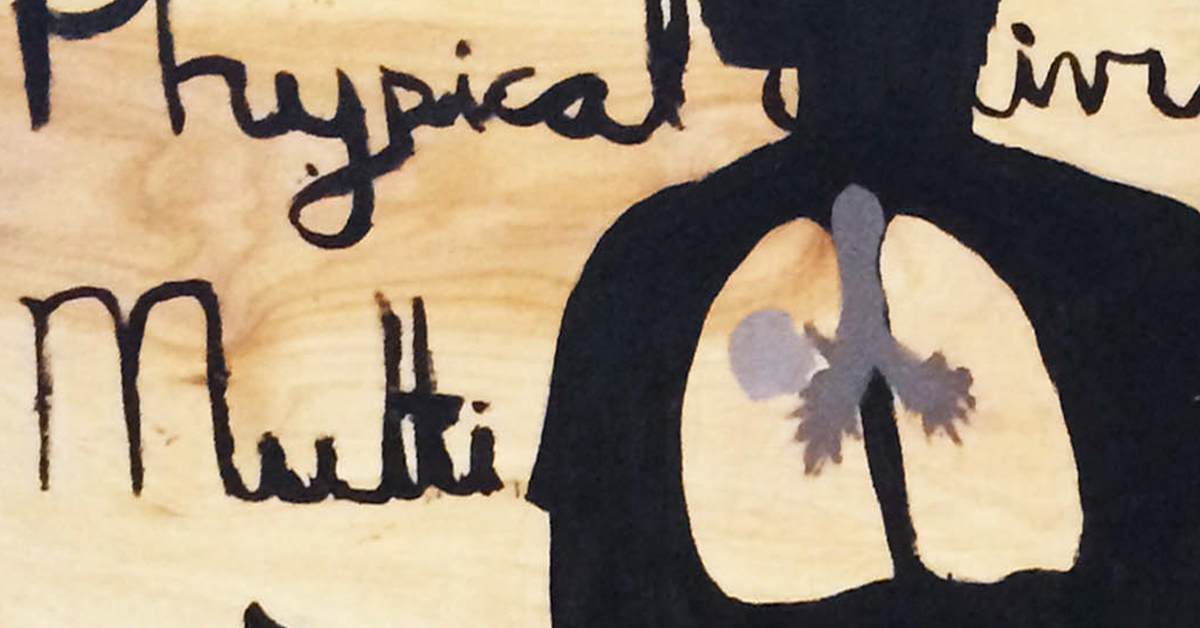
Through interviews with family members, scientists, and medical professionals, students homed in answers to the question, “What am I most likely to die of?”
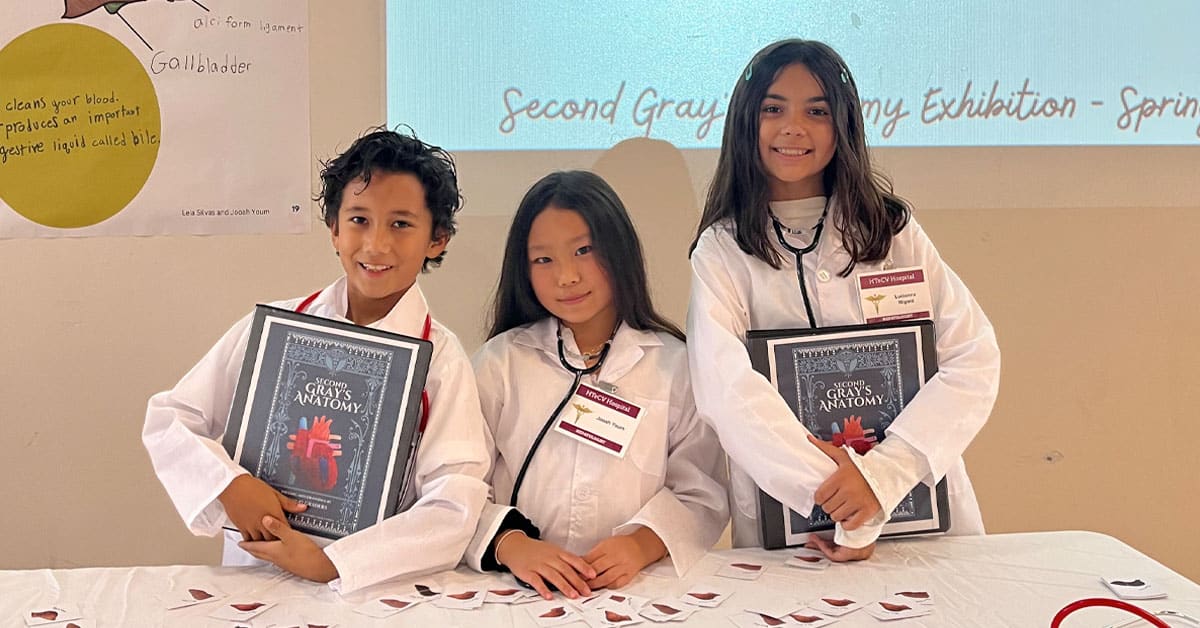
We may look different, but underneath we are all the same. No matter what you look like, humans are a family.
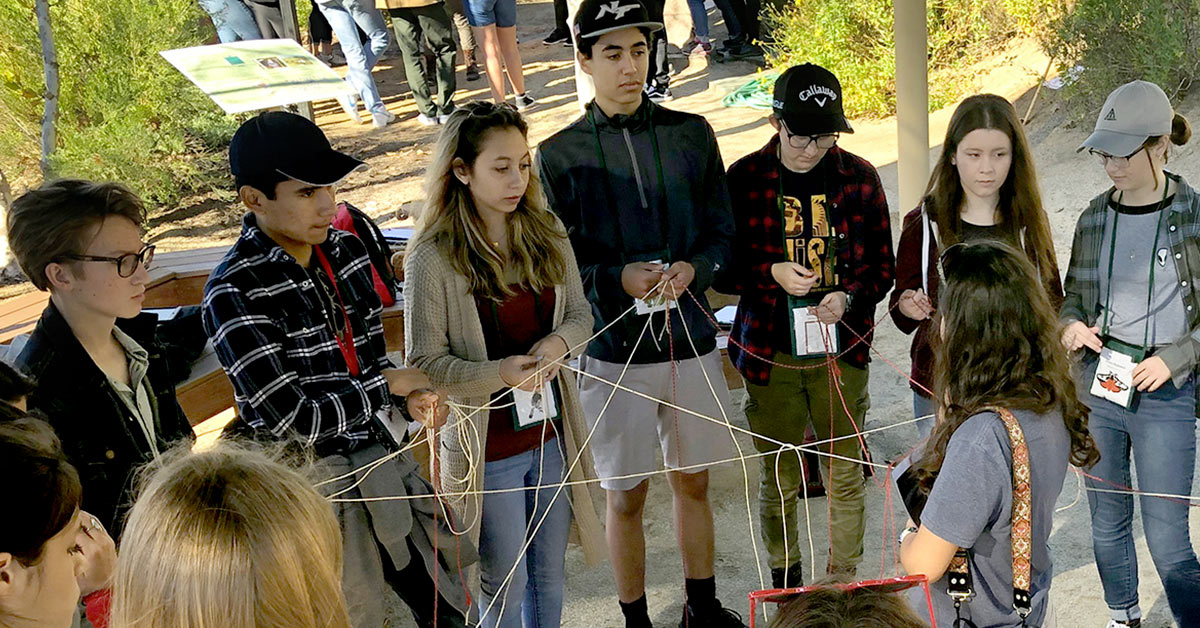
Uur students became familiar with stories of a number of creatures in crisis, thinking about the best ways inform the public and motivate action.
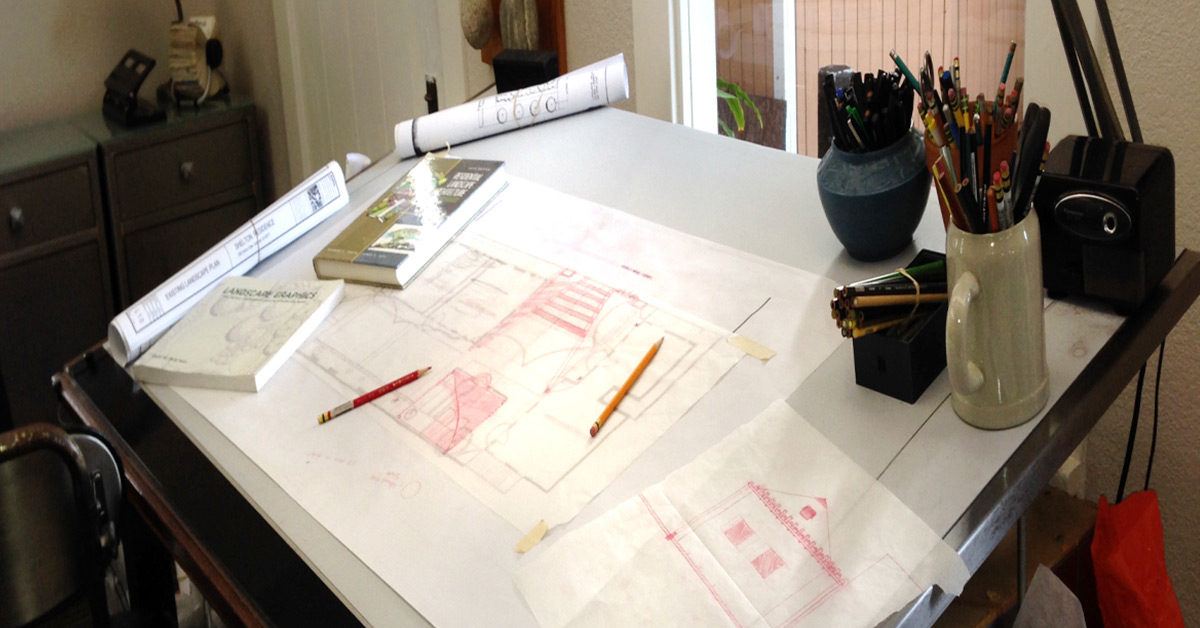
In Ampersand: The Student Journal of School & Work, students came together after working at their internships to create a yearbook of their experiences, so they could be shared with their peers.
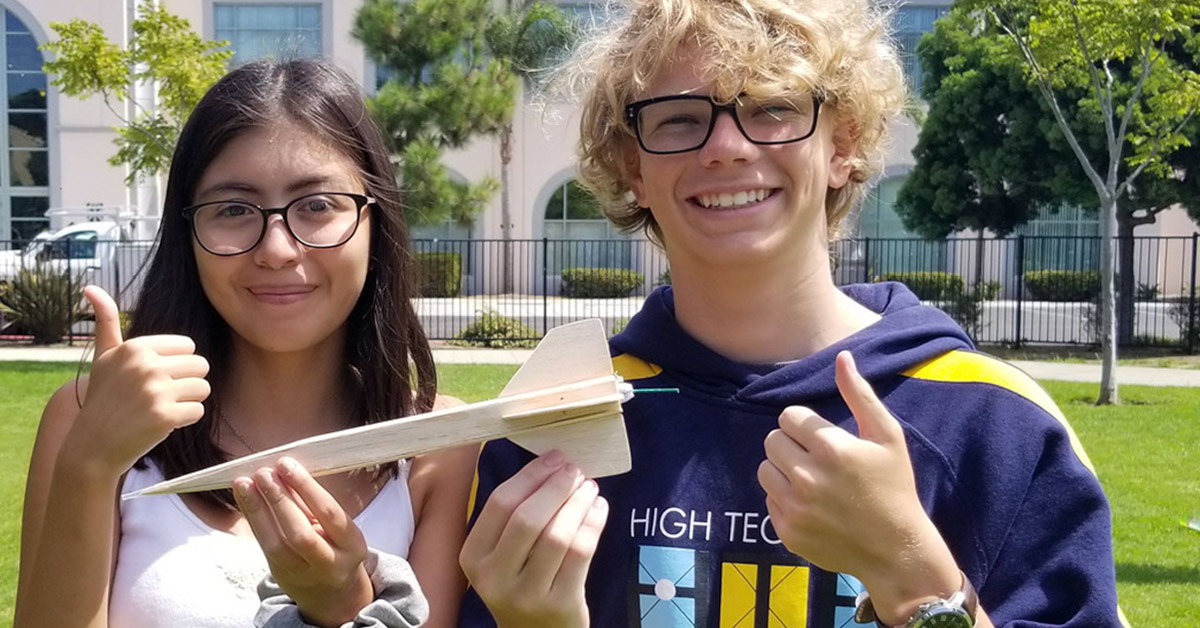
Students built weather balloons and rockets in order to learn more about Astro-photography and Earth Science in an attempt to start their own HTH NASA.
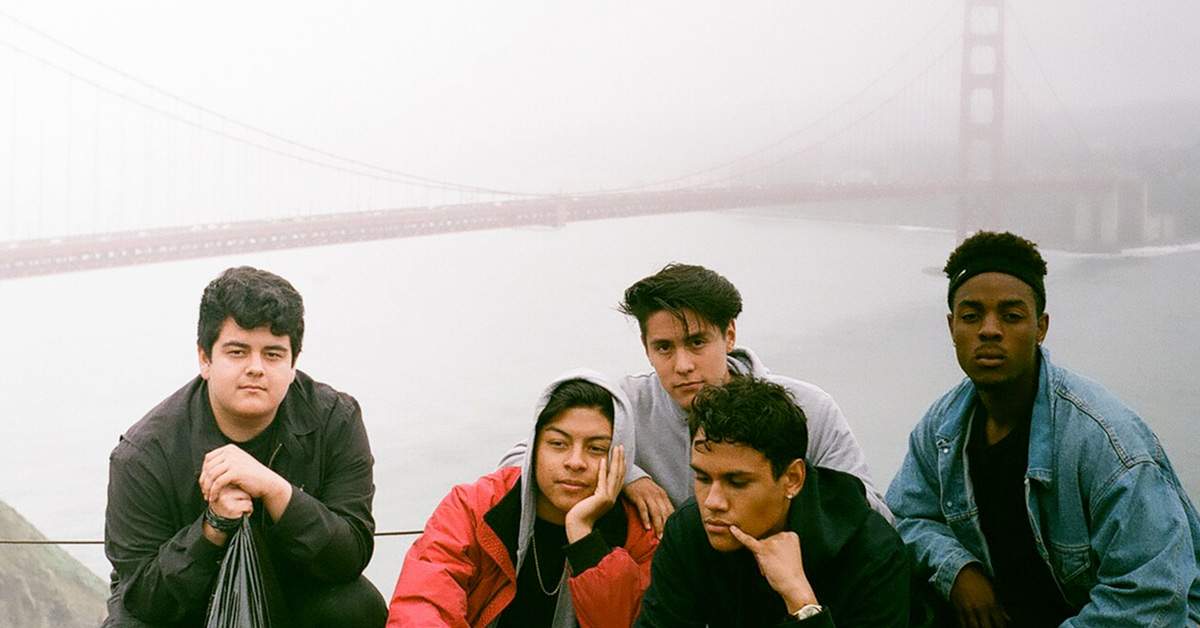
In Humans of HTH: The Art and Science of a Meaningful Life, students in English and Physics will study how photography can capture meaningful images.